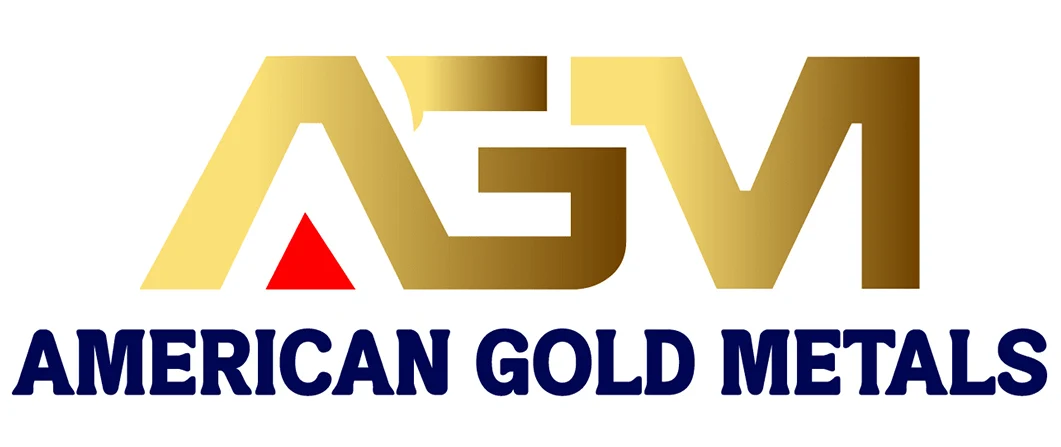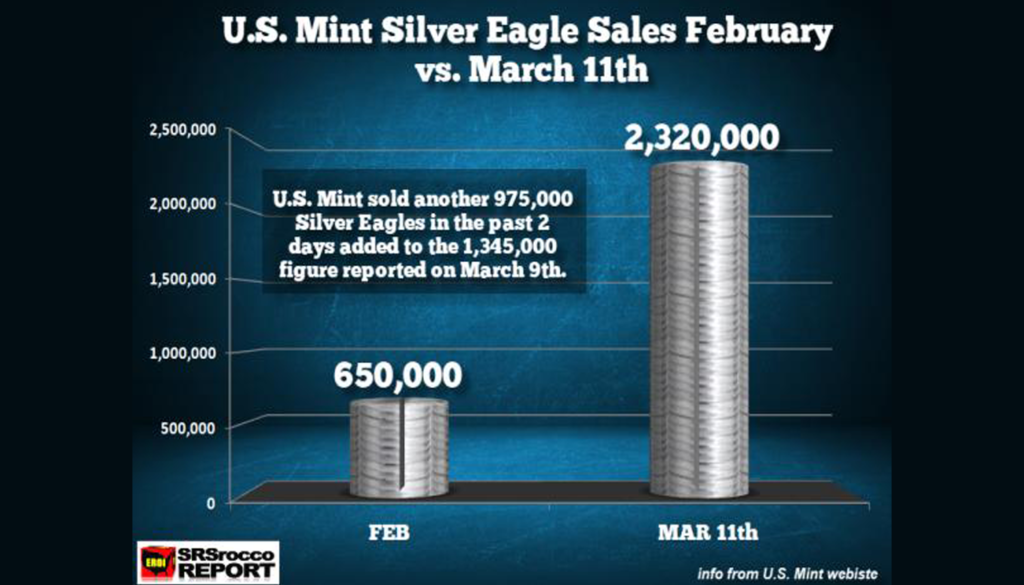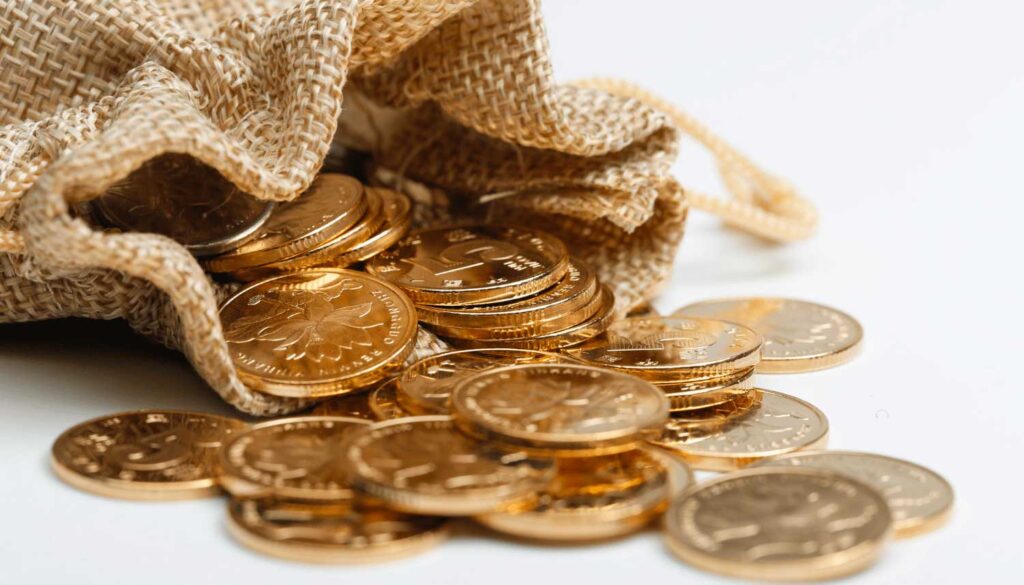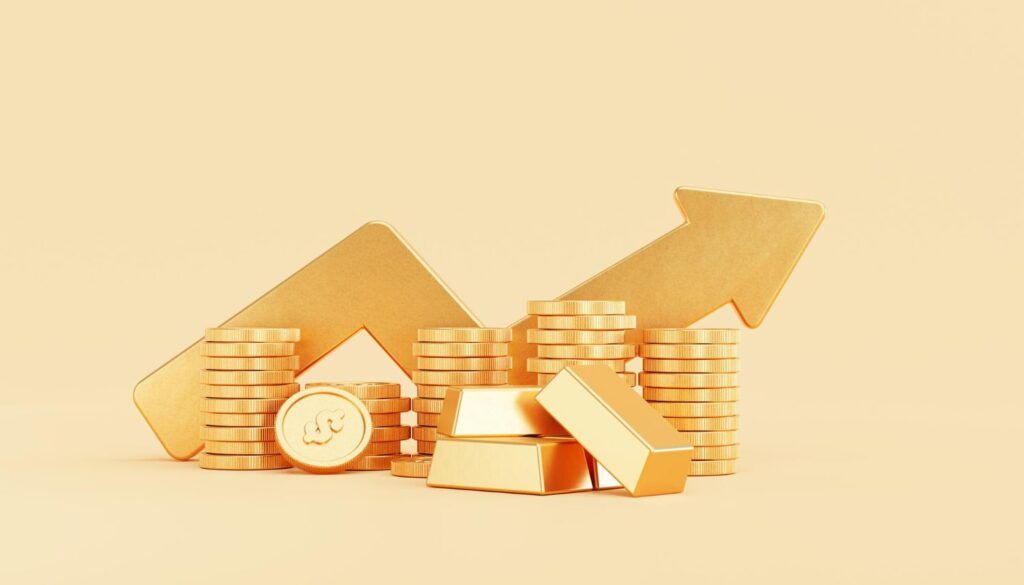Even though we have presented comparable scenarios looking at the coverage of the US money base in gold terms previously, aka “gold coverage” ratio, including once from Dylan Grice, and once from David Rosenberg, now that we have drifted into a new, previously unchartered and very much open-ended liquidity tsunami, it is time to revisit the topic. Luckily, Guggenheim’s Scott Minerd has done just that. Not only that, but he presents three distinct gold pricing scenario, attempting to forecast a low, medium and high price range for the yellow metal.
To wit: “The U.S. gold coverage ratio, which measures the amount of gold on deposit at the Federal Reserve against the total money supply, is currently at an all-time low of 17%. This ratio tends to move dramatically and falls during periods of disinflation or relative price stability. The historical average for the gold coverage ratio is roughly 40%, meaning that the current price of gold would have to more than double to reach the average. The gold coverage ratio has risen above 100% twice during the twentieth century. Were this to happen today, the value of an ounce of gold would exceed $12,000.”
Keep in mind, the $12,000 price is based on the current monetary base. When this number rises by $2 trillion (at least) through the end of 2014, the upside case of gold will be orders of magnitude higher.
And now you know why bickering over a few hundred dollars here and there is largely irrelevant, and in fact one should be delighted if gold can be purchased at as low a price as possible. Why? Because one thing is absolutely certain: in order to keep the ponzi going, with every other sector at peak leverage, including household, corporate and financial, and real assets already massively encumbered by debt, the only real indirect buyer of gold will be the world’s central banks, by means of diluting the existing paper supply. And whether or not the New York Fed, or some gold cartel, are actively pushing the price of gold lower, this is very much irrelevant, and in fact continues to be a welcome diversion, one which allows for the artificially low entry prices into gold. Because one day, gold will revert to its fair value, and so often happen, that is when its will go back to 100% “coverage” as faith in fiat evaporates. At that point whether one bought gold at $1000, $1500 or even $2200 will be absolutely irrelevant.
Tyler Durden – Zero Hedge – 10/17/2012






